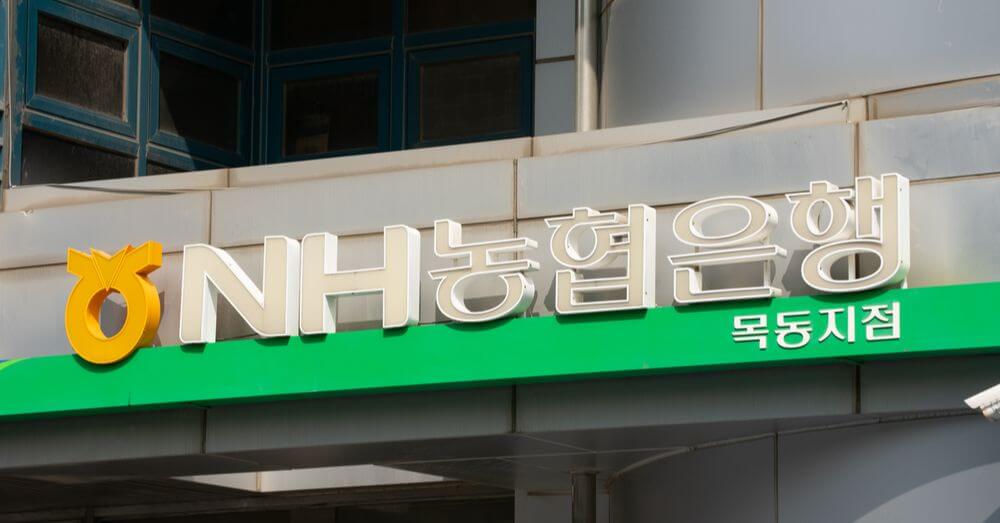
Nonghyup Bank has partnered with a local law firm and a blockchain developer on a joint project to develop financial services using virtual assets
The Nonghyup Bank (NH Bank) of South Korea is working with blockchain laboratory Hexlant and law firm Bae, Kim, and Lee to develop financial services using virtual assets.
The Korea Herald reported that the consortium has signed a memorandum of understanding (MoU) to develop a joint institution for research and development on cryptocurrency exchanges.
Jang Seung-Hyun, the senior vice president at NH NongHyup Bank, believes that their efforts will play a role in helping the local crypto industry grow.
“Through the consortium, we will step up efforts to take a lead in the local cryptocurrency industry,” he said.
This move comes in the midst of changes to South Korean law that require anti-money laundering (AML) procedures for digital assets. The laws will be implemented by the end of March 2021.
Hexlant, which is based out of Seoul, is dubbed as a “blockchain lab,” which provides a wide range of different uses for blockchain technologies. This includes a wide variety of tools, from security infrastructure to custody solutions for digital assets. The company is already working with Samsung’s blockchain division and the Shinhan Bank.
South Korea has worked actively to ease the adoption of blockchain within the nation, both for businesses and at the government level. In June 2018, the South Korean government launched a strategy to invest up to $200 million into the blockchain public sector and selected private ventures by 2022.
Recently Busan, which is the second-largest city in South Korea, has launched an identification app that uses a form of public blockchain technology to verify citizen information.
This application was developed by Coinplug, a Korean startup working within the Busan blockchain regulation-free sandbox. The developers used the Metadium blockchain as well as its decentralized identifier technology to power the app.
In this system, user data is stored on their devices and only cryptographic proof of the information is submitted to the blockchain. This strikes a balance between an individual’s personal data privacy and the need to create tamper-proof records.
Under normal circumstances, the latter can only be achieved through centralized servers holding all the data.
This app will allow citizens to access a wide variety of government services without the risk of physical interaction — a useful feature currently due to COVID-19. Current situations where this is used include the opportunity to use the Busan Citizen ID and other types of government-issued smart cards.

